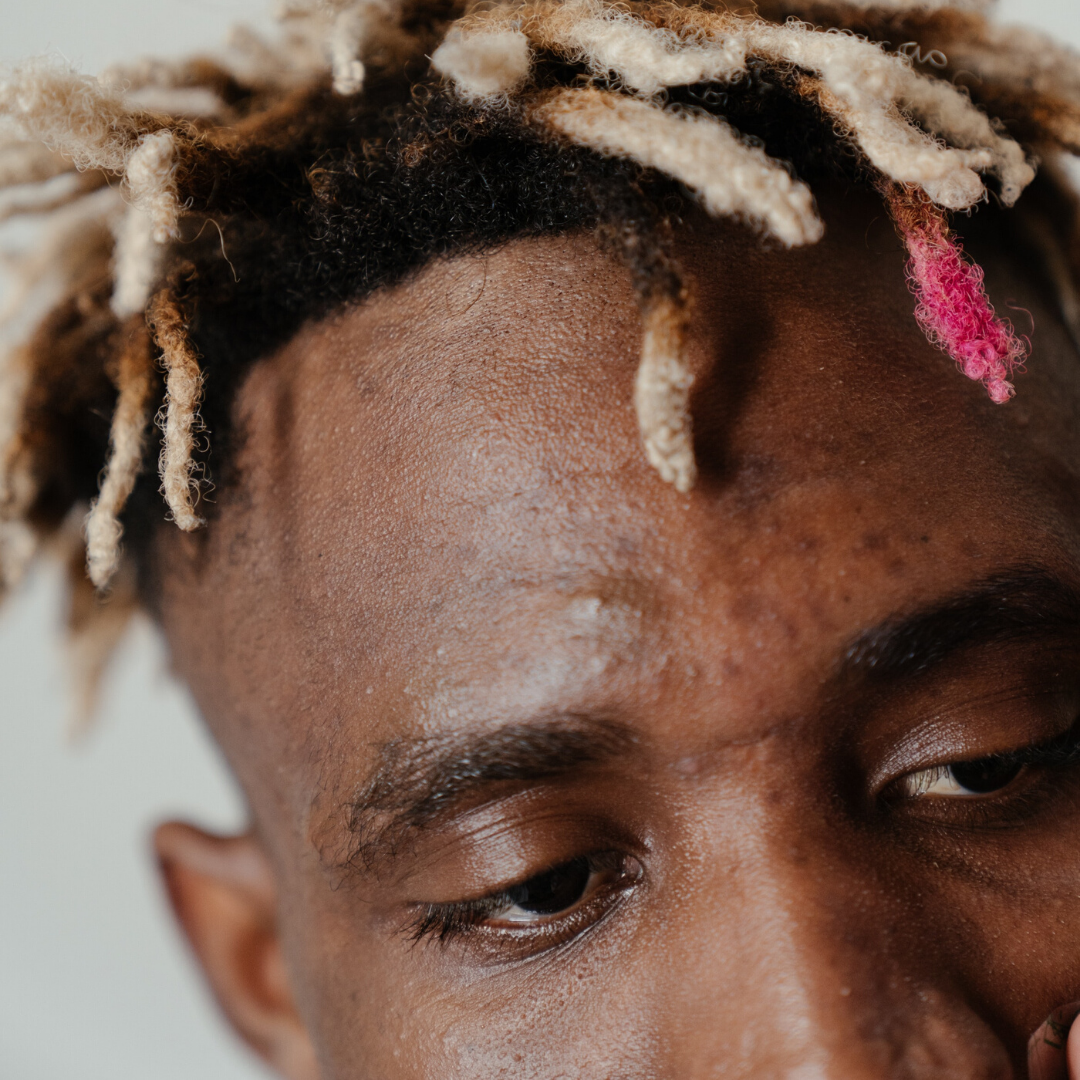
Almost everybody experiences acne breakouts at some point in their life, from embarrassing teenage breakouts to frustrating adult acne that never quite disappears. The chronic spotting of red bumps can be annoying and sometimes even painful, so Dr. Schultz offered his top tips to help prevent acne, and take control of your skin once and for all.
Acne is a disease characterized by a mixture of non-inflamed lesions called blackheads and whiteheads, and a variety of inflamed lesions, pimples. Acne develops in glands called sebaceous follicles. Sebaceous follicles have multiple large oil glands, a very small hair, a follicular canal, and an opening, which you might call a pore. Non-inflamed acne begins with an abnormally rapid generation of the cell lining and follicular wall. These cells are normally swept out of the follicle, but in acne the cells stick together and create a plug. The plug can enlarge to form a blackhead or whitehead. With inflammatory acne, bacteria in the follicle attract white blood cells or pus, which causes a break in the follicle wall leading to inflammation, pimples, and sometimes cysts.
1. Exfoliate
The first tip to help prevent acne is to create an acne-preventing skincare regimen that you can follow daily. That regimen should include exfoliation with glycolic acid. Start with a cleanser like Balancing Glycolic Cleanser, formulated to wash away dirt and oil, without over drying. Follow with a toner, like Purifying Toner, then exfoliate. Dr. Schultz suggests starting with Essential 8% Exfoliating Serum. Finally, moisturize with an oil-free and lightweight moisturizer like Light Rehydrating Lotion, which won't clog pores. Consistent exfoliation will stop dead skin cells from plugging follicles.
2. Accutane
If you suffer from cystic acne, you may want to consider this tip to help prevent acne from Dr. Schultz: try Accutane. Accutane is a prescription medication that stops oil glands from making oil, and if oil glands don’t make oil, you can’t have acne. While many consider it a miracle drug, it does have side effects. Watch Dr. Schultz's DermTV video on Accutane to learn more.
3. Tea Tree Oil
Dr. Schultz often gets questions about tried and true at-home acne treatments, and one ingredient he always recommends is tea tree oil. The oil is obtained from a small tree in Australia, and is one of the most potent anti-infectious essential oils. It also has mild anti-inflammatory powers and can help kill acne-causing bacteria.
"I like to combine tea tree oil with other anti-infective ingredients for my patients to get a synergy amongst the ingredients, which makes them even more potent, especially when treating minor bacterial skin infections," said Dr. Schultz.
For more information on acne treatment, visit DermTV and get more tips to help prevent acne.
 BRX REWARDS
BRX REWARDS


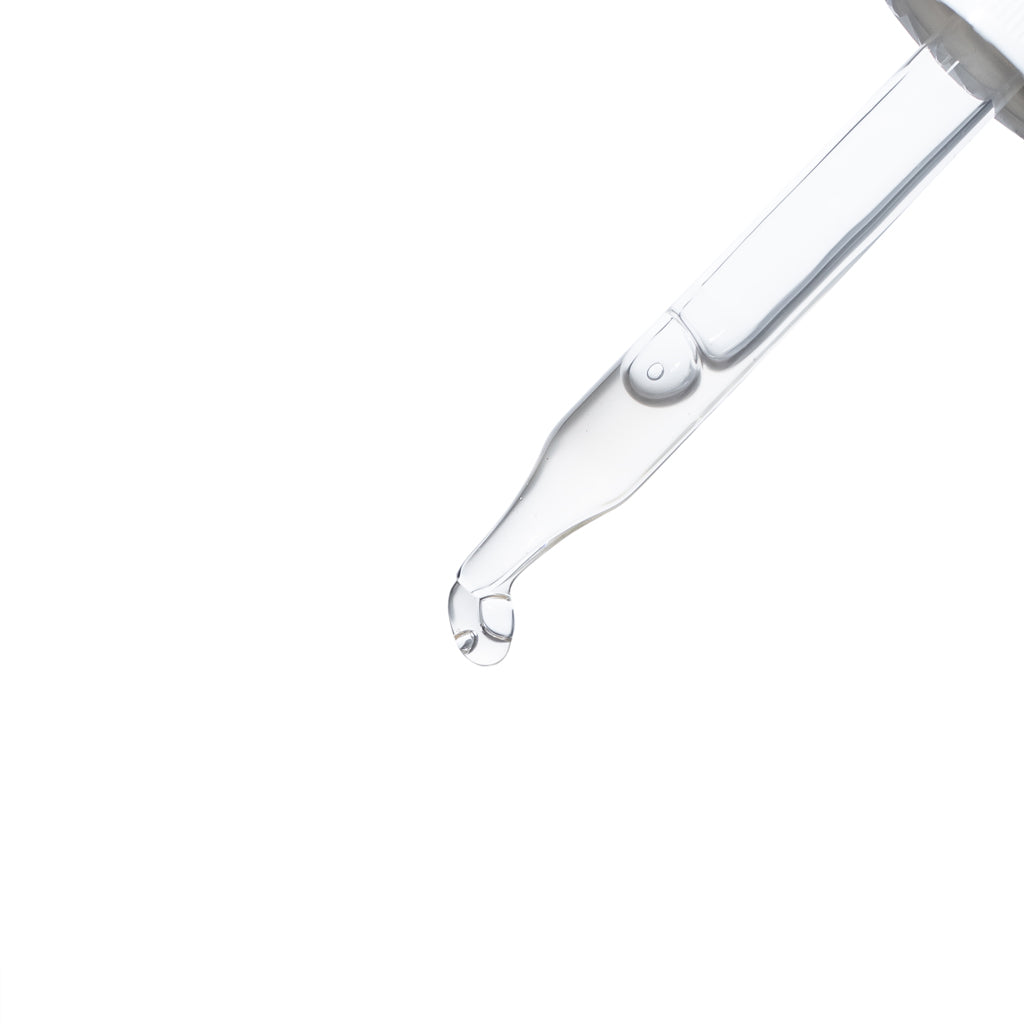
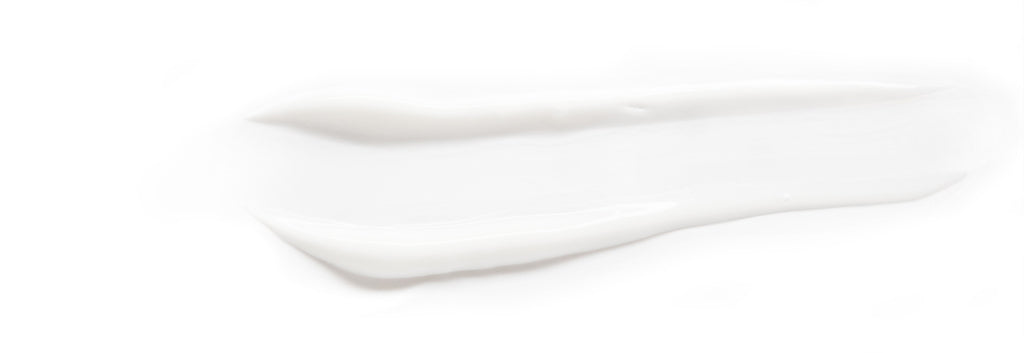

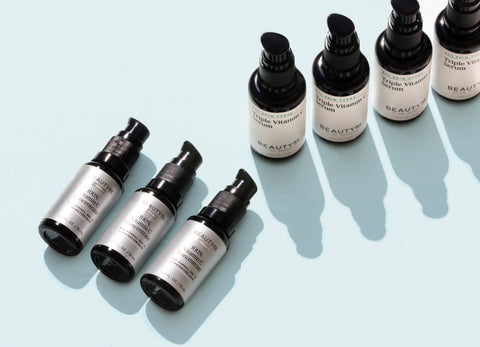

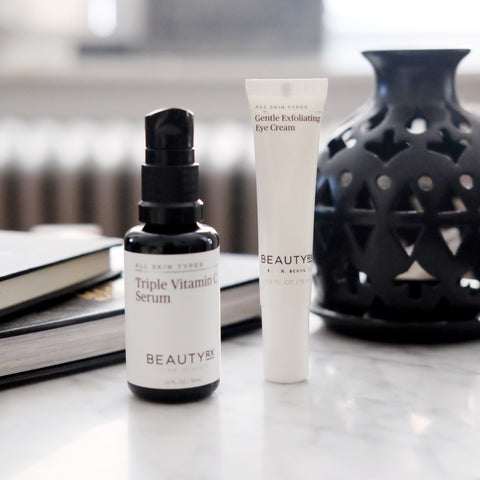
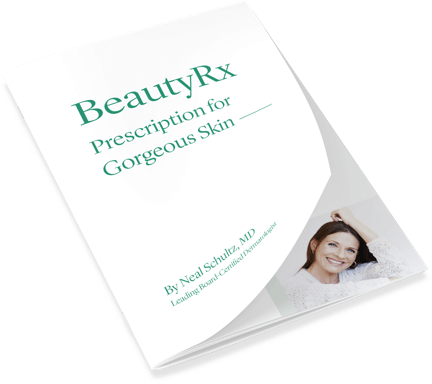
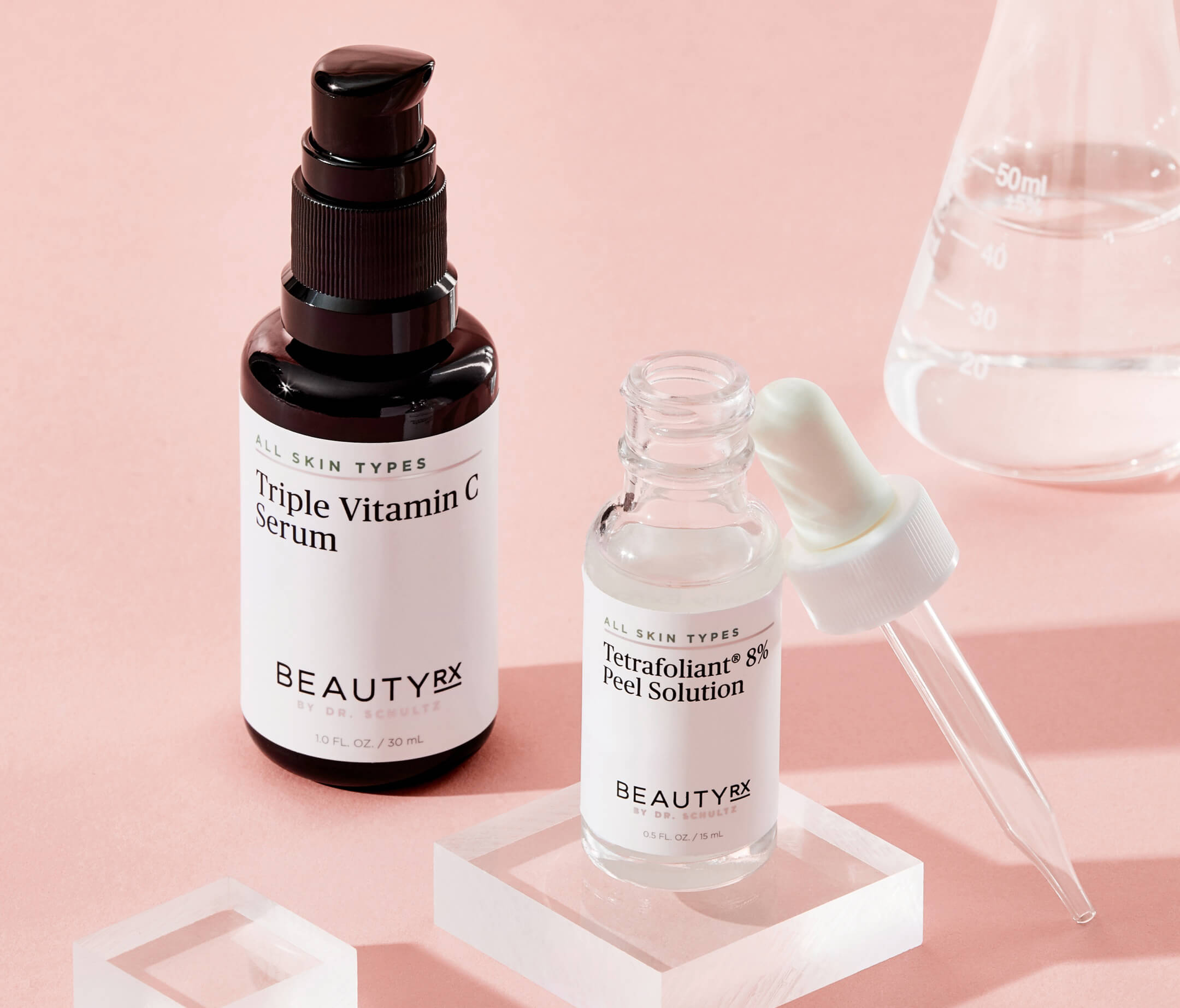
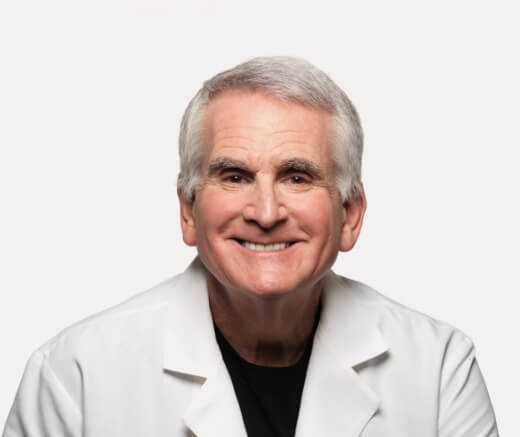
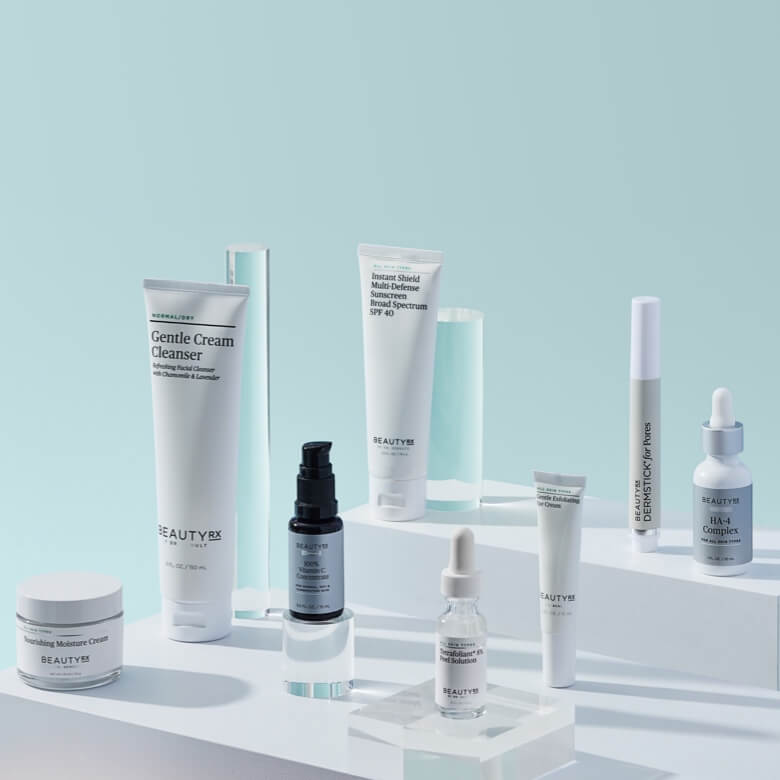
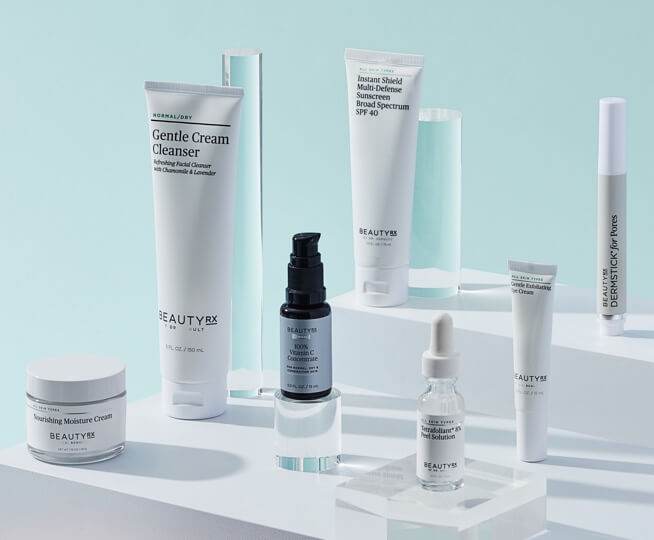
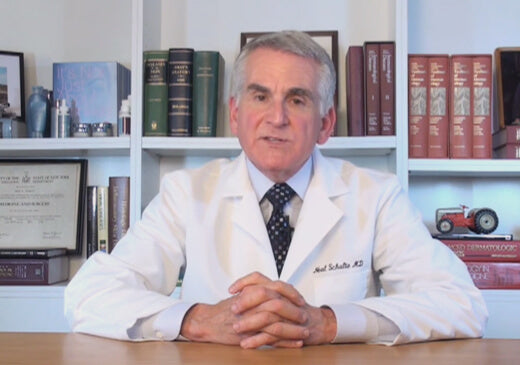

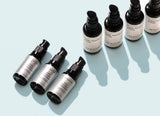

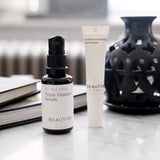


Leave a Comment